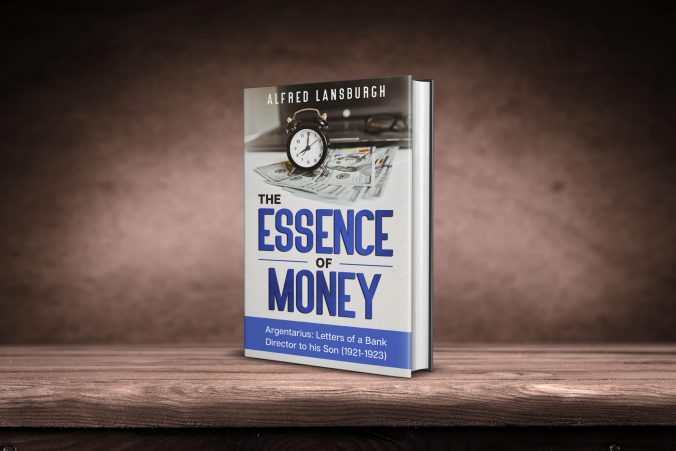Now we come to the second Part of “The Essence of Money” called “Valuta”. In this series of letters, we will learn how money functions in international trades and how (in a Gold standard world), Gold and Fiat currencies interact.
One of the most important lessons lies already in the introduction. Why is it that we accept the laws of nature, when it comes to physics, but not economics?
Unconcerned about the worried look of the farmer and equally indifferent to the satisfied smirk of the fruit grower, the sun has blazed down, obedient to some law of nature that we do not know. We took refuge in the shade, we fought the embers with water where we could. But we have not been able to force the fireball to dampen its rays, we have not been able to command the winds to draw a protective curtain of clouds in front of the burning light. We have been able to subordinate ourselves humbly to the higher power, to adapt ourselves wisely to the facts: that is all we have been able to do.
Essence of Money – PArt II. Valuta
Most people also realise this and make no attempt to grind themselves up in a useless struggle with nature. They do not rebel against the laws which they have recognised as eternal and unchangeable. But why do they act so sensibly only in the field of the forces of nature, and not also in the economic field? Why do they believe they can dictate the direction of development by arbitrary interventions and measures of force as they see fit? Why do they deliberately overlook the fact that the economy, too, has its eternal laws, to which there is no other wisdom than subordination and adaptation?
Our efforts to meddle with the natural laws of economics, are at best not effective, but often futile. You can’t argue with Math, Physics… or human nature…
The laws of economics infallibly cause this cause to produce that effect. Pay attention to this causal connection, respect it, act according to it, avoid the cause if you don’t want the effect, but don’t miss wanting to change the connection and bend it in a direction that suits you. ‘Economic development, too, has its one-time rule and does not ignore those who violate the principle that ‘two times two is four’.
Essence of Money – PArt II. Valuta
How dire these consequences can be we already saw in Part I. “On Money”, but we will learn many more examples in Part II. to IV.
[…] almost all our social struggles, with their attendant symptoms of political incitement, public immorality, general unscrupulousness in acquisition, epidemic robbery and murder, are a consequence of this disregard for economic laws: Indeed, even the German Revolution of 1918 was largely due to this disregard, because the arbitrary manipulation with the yellow coin, even more than the war, brought about the division of the people into the group of the exploiters and that of the exploited, and thereby created the mental disposition for the collapse.
Essence of Money – PArt II. Valuta

